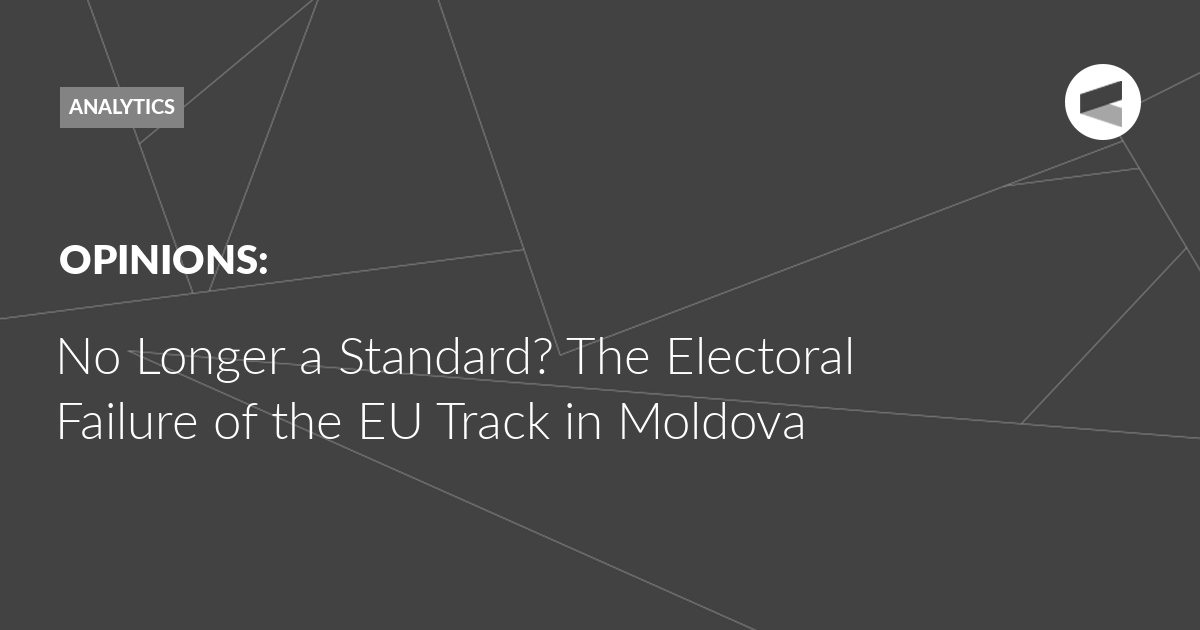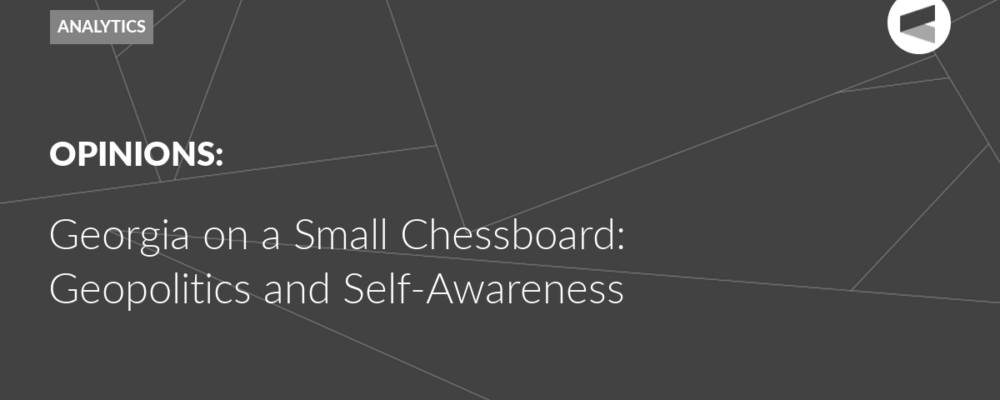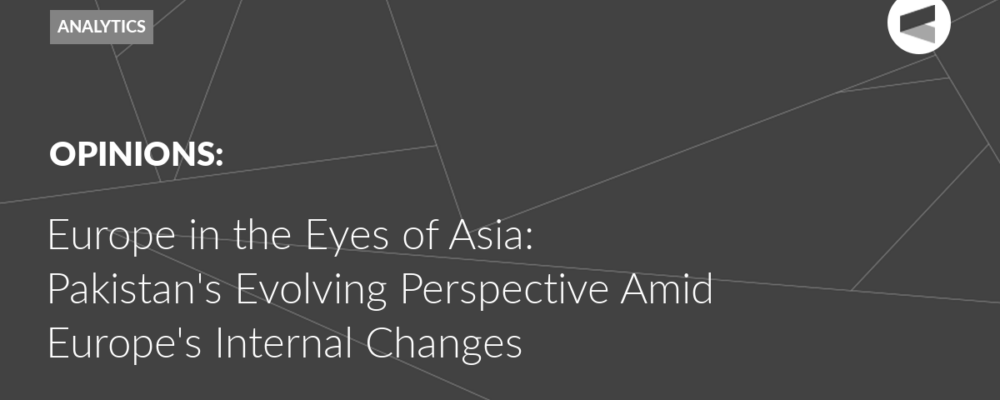This includes the shutting down of Russian-language media, illegal detentions and searches of representatives of opposition parties and movements, the removal of opposition candidates from elections, the violation of the law by the authorities themselves (which has become commonplace), as well as the active and massive use of public resources, manipulations and falsifications in the elections, which allowed the Sandu regime to retain power. Thus, in the last presidential elections, perhaps the most striking episode was the opening of only two polling stations and the issuance of only 10,000 ballots in Russia. At the same time, outside Moldova, a total of 234 polling stations were opened in 37 countries. This is at a time when there are approximately as many Moldovan citizens in Russia as in all other countries combined. Thus, the Sandu regime has deprived hundreds of thousands of Moldovan citizens living or working in Russia of their constitutional right to vote.
When discussing the prospects of a European agenda for Moldova, it makes sense to pay attention to the controversial political processes taking place in neighbouring Romania and their similarities with what’s happening in Moldova. There, in the first round of the presidential elections on November 24, an independent candidate, the right-wing Eurosceptic Calin Georgescu unexpectedly won, beating all systemic and non-systemic candidates, including the favourite of the race, the leader of the ruling Social Democratic Party, Marcel Ciolacu. The election results caused obvious bewilderment in Brussels. In the parliamentary elections in Romania, held on December 1, the PSD “took revenge” for the failure in the presidential elections, winning the majority of votes (23%, which, however, is extremely small and, in addition, makes it difficult to form a coalition). It is important that in the parliamentary elections, the Romanian right – Eurosceptics and nationalists – demonstrated a threefold increase in support, winning more than a third of the votes together. Against the background of low support for the PSD, this meant that Georgescu could well have won in the second round, if the Constitutional Court of Romania had not annulled the results of the first round on December 7 (even though a recount confirmed the results of the first round). Parallels with Moldova are obvious. As for the results of the parliamentary elections in Romania – this is a very indicative result for its neighbour. There, the ruling party “Action and Solidarity”, which, like the Romanian PSD, is supported by the West, can hardly count on greater support. However, this is unacceptable for Sandu’s team, which in this case would not be able to control parliament. Therefore, the authorities of Moldova, where the election campaign has already de facto started (although the dates of the parliamentary elections have not yet been determined), are frantically looking for options that will allow the ruling party to maintain its position.
Thus, the results of the elections in Romania, demonstrating the socio-political mood at the moment – fatigue from the rule of the Eurodemocrats controlled by Brussels, Russophobic policies and support for Ukraine through the EU and NATO – are indicative to the pro-Western Sandu regime and the opposition in Moldova. The opposition is monitoring trends in the political field of Romania and will try to use not only the fact of low support for Euro-Atlanticism and the growth of support for a nationally-oriented policy in the neighbouring state in campaigning on the eve of the elections, but also to predict possible restrictive measures from the authorities. The latter may strengthen the unifying agenda of the opponents of the authorities and increase their chances of success in the parliamentary elections.
Thus, the question of the prospects of a European agenda for Moldova, which is preparing for elections again, is very acute. For a parliamentary republic, which Moldova still remains, the presidential elections were essentially just preparation for the main battle – the parliamentary elections. We can say with confidence that the pro-European authorities of Moldova will continue to intimidate and blackmail the electorate with war, sanctions, the abolition of the visa-free regime and the reduction of European funding if the population does not vote for the presidential party “Action and Solidarity”. The opposition, in turn, will appeal to the results of Sandu’s previous presidential term and the rule of her party – high tariffs, spoiled relations with Russia, support for Ukraine that is disastrous for the country, falsified results of the presidential elections, the violation of democratic principles, pressure on the opposition, the media and the Moldovan Orthodox Church, etc. The question of how the new US administration sees the desired political landscape in Moldova remains open… And this is one of the key factors determining Moldovan political realities.
We should hope that the growth of Euroscepticism in Europe itself and on its eastern outskirts will play a role in the choice of the Moldovan people, which, through the efforts of the authorities, has become an artificial geopolitical choice. The unfavourable economic environment of the European Union for its associated members, which includes Moldova, and the openly consumerist attitude of Brussels towards EU candidates in general, cannot be ignored forever. At the same time, Russia has consistently and unwaveringly demonstrated its readiness to build friendly and partnership-oriented relations with the republic.
The Valdai Discussion Club was established in 2004. It is named after Lake Valdai, which is located close to Veliky Novgorod, where the Club’s first meeting took place.
Please visit the firm link to site






